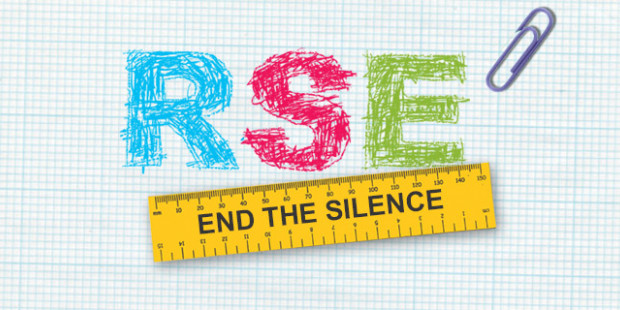Terrence Higgins Trust has submitted our response to the Department for Education’s consultation on draft guidance for relationships education, relationships and sex education, and health education. The consultation has been a key milestone in our campaign for compulsory sex education in schools, which has spanned for more than 20 years.
In shaping our response, we held workshops with young people across England for them to share their experiences of sex education lessons and what should be in new compulsory relationships education (primary school) and relationships and sex education (secondary school). These are due to go live from September 2020.
Young people told us they want a strong focus on sexual health and where to access services, as well as ensuring that teachers have confidence to deliver lessons. There was unanimous agreement that lessons must be LGBT-inclusive, all the way through primary school and secondary school. In 2016, Terrence Higgins Trust found that only 5% of sex and relationships education lessons were LGBT-inclusive.
Quote textThe guidance for primary schools fails to make any reference to LGBT issues. Lessons must be relevant and representative to the needs of all pupils or we risk continuing to fail young LGBT people.

We have told the Department for Education that the draft guidance does not go far enough on HIV or sexual health. An average of one young person every day is diagnosed with HIV and young people continue to account for the highest rates of new sexually transmitted infection diagnoses. Schools must therefore play a key role in upskilling young people to make informed choices about relationships.
The guidance also falls short in providing explicit guarantees that lessons will be LGBT-inclusive. Notably the guidance for primary schools fails to make any reference to LGBT issues. Lessons must be relevant and representative to the needs of all pupils or we risk continuing to fail young LGBT people.
Our response has also highlighted the need for lessons to be given regular slots in school timetables and not done through 'drop-down days'. Our 2016 report found that 61% of young people received sex and relationships lessons just once a year or less. Schools must make time for new lessons. We also emphasised the need for robust processes to ensure all schools are delivering lessons through Ofsted inspections.
The journey to compulsory relationships education and relationships and sex education is still far from over. There remain several issues that are still far from won, including what funding will be provided to schools for teacher training and resources and how young people can be meaningfully involved in shaping and evaluating lessons.
Until these issues are solved, our work on this campaign continues.



